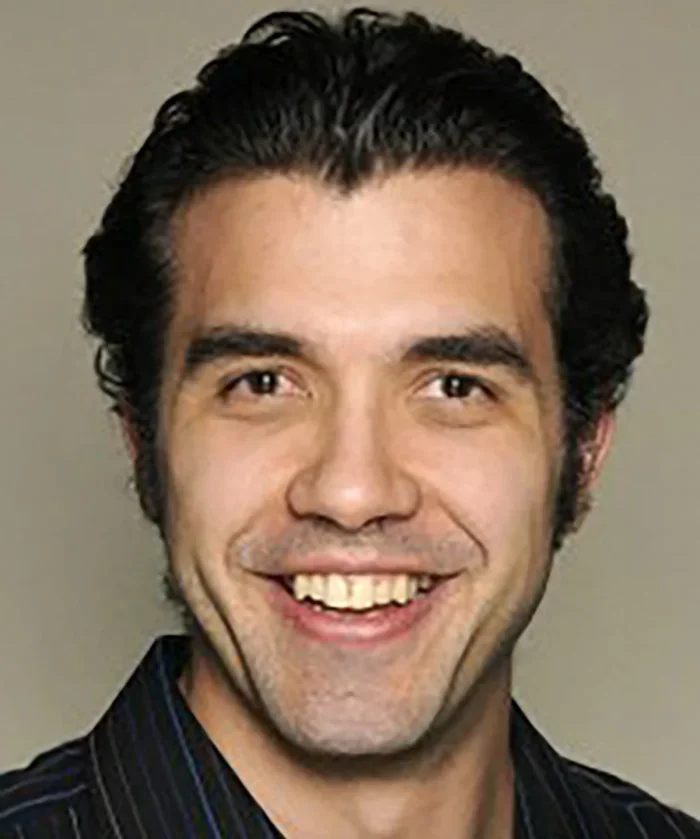
Dominic Berry is an Australian theoretical physicist at Macquarie University. He is notable for his work on quantum algorithms, particularly for Hamiltonian simulation, quantum chemistry, and differential equations. His work has been published in Nature, Science, FOCS, STOC, Nature Photonics, and Nature Nanotechnology, and Physical Review X. He has 100 refereed publications, with a total of over 9000 citations.
Dominic Berry received his PhD from The University of Queensland in 2002. He was an ARC Postdoctoral Research Fellow from 2004 to 2006, worked at the Institute for Quantum Computing in Waterloo from 2009 to 2011, then was an ARC Future Fellow from 2011 to 2015. He is now a Professor at Macquarie University, performing research in collaboration with Google under a Sponsored Research Agreement.
Dominic developed higher-order product formula methods for Hamiltonian simulation in 2007, then new techniques based on quantum walks, linear combinations of unitaries and oblivious amplitude amplification in 2012-2015. He then developed techniques specifically for quantum chemistry; advances from 2018 and 2019 include phase estimation on walk operators, coherent alias sampling for state preparation, sublinear complexity simulations using the interaction picture, and representations taking advantage of sparsity and low-rank factorisation.
His 2021 work using tensor hypercontraction provided the most efficient known simulation method for molecules. In 2021 he also provided a slew of new advances for techniques using plane waves, thereby providing the most efficient known quantum algorithms for solid-state systems. In 2023 he showed how to further improve such simulations using Bloch orbitals as well as pseudopotentials.
Dominic provided the first practical quantum algorithm for solving differential equations in 2014, opening up this area of research. His further work has provided some of the most efficient quantum algorithms for this task. These algorithms are based on the solution of linear systems of equations; his 2022 work showed how to provide the optimal quantum algorithm for this task.





